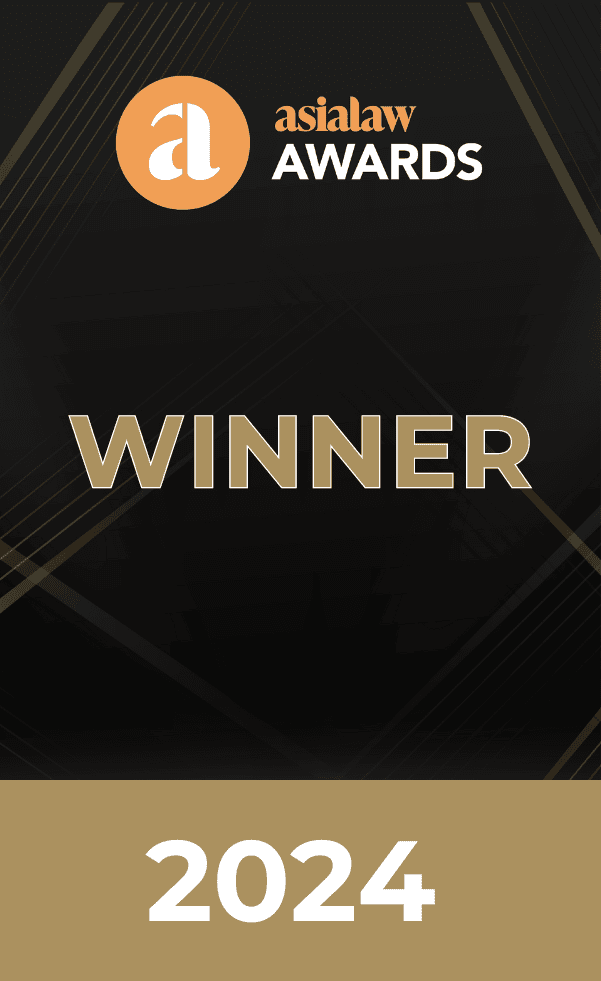Protecting family assets when mental health deteriorates: The Enduring Power of Attorney compared with Court-appointed Committeeship
4 10月 2019
As life expectancy rises, we see an increasing number of family patriarchs/matriarchs living longer, sometimes with decreased mental capacity. To protect family assets, younger family members may then wish to take over the management of family assets, but how do we ensure that this is done properly without being challenged in court in the future?
The Enduring Power of Attorney (“EPOA”) regime under the Enduring Powers of Attorney Ordinance, Cap. 501 provides a great tool that allows a person to arrange, BEFORE mental capacity occurs, for someone else to step into his shoes to deal with property and financial decisions (but not decisions relating to medical or personal care) in the unfortunate event that he becomes mentally incapable.
As explained below:
- This tool can be effective even if there has already been an onset of mental incapacity.
- The regime is far more convenient and cost-effective than using Part 2 of the Mental Health Ordinance, Cap. 136 to apply to the court to have a committee appointed to manage and administer the property and affairs of a mentally-incapable person AFTER the person’s condition renders him completely unable to make a voluntary and informed decision. Under Part 2, the test for mental incapacity is stricter (harder to prove that someone is mentally incapable) whilst the costs and time involved in making the application and running the committee on a year-to-year basis are much higher.
The formal requirements of creating a valid EPOA are:
- in the form prescribed in the Enduring Powers of Attorney (Prescribed Form) Regulation, Cap. 501A
- the attorney (i.e. the person given the power to handle the donor’s property and financial affairs) must be at least 18 years old; the attorney cannot be a trust corporation
- the donor signs in front of the EPOA in front of a registered medical practitioner, a Hong Kong practising solicitor and 2 witnesses
- the doctor must certify that the donor is mentally capable
- the solicitor must certify that the donor appears to be mentally capable at the same time or within 28 days after the doctor signs
- the donor must acknowledge that he signed the document voluntarily
- the donor must specify what powers are to be given to the attorney (unlike the General Power of Attorney, the donor cannot give a general authority over all of his property and financial affairs)
- if there are 2 attorneys, the donor must specify whether their powers are joint (the consent of both attorneys is required) or joint and several (either attorney can decide)
- registration of the EPOA with the High Court Registrar (the Register is open for public inspection)
The substantive requirement: Mental capacity at the time of executing the EPOA. In HK, unlike in other common law jurisdictions, the law on the EPOA is still at a developmental stage. So far, our High Court in To Lee Wah Samuel v Yum Huin Ming [2019] HKCFI 1441 has interpreted incapacity as consisting of 2 elements:
- an inability to understand the effect of the EPOA or an inability to make a decision to grant the EPOA by reason of:
- mental disorder, defined as mental illness, a state of arrested or incomplete development of mind which amounts to a significant impairment of intelligence and social functioning which is associated with abnormally aggressive or seriously irresponsible conduct, psychopathic disorder, or any other disorder or disability of mind which does not amount to mental handicap; OR
- mental handicap, defined as sub-average general intellectual functioning with deficiencies in adaptive behaviour; AND
- an inability to communicate to any other person an intention or wish to grant the EPOA after someone has made a reasonable effort to understand him
The person who challenges the validity of an EPOA bears the burden of proof – see To Lee Wah Samuel, supra.
Please note that both requirements (mental issue and inability to communicate) must be present for mental incapacity to be established. However, a person does not necessarily lack the capacity to grant an EPOA even if he suffers from a mental handicap or disorder. As long as he fully understands the nature and effect of the EPOA and voluntarily grants the EPOA to an attorney of his choice, the EPOA will be valid. In To Lee Wah Samuel, supra, the court cited the following passage from the UK case of Re K (Court of Protection) [1988] 1 Ch 31 at 315 with approval:
In practice it is likely that many enduring powers will be executed when symptoms of mental incapacity have begun to manifest themselves. These symptoms may result in the donor being mentally incapable in the statutory sense that she is unable on a regular basis to manage her property and affairs. But, as in the case of Mrs. F., she may execute the power with full understanding and with the intention of taking advantage of the Act to have her affairs managed by an attorney of her choice rather than having them put in the hands of the Court of Protection. I can think of no reason of policy why this intention should be frustrated.
In contrast, in order to persuade the Court that a committee should be appointed to manage and administer the property and affairs of a person under the Mental Health Ordinance, one must show an inability to actually manage his affairs (a higher threshold). Further, there are far more steps and costs involved in a Court-appointed committeeship. The explanation of this regime is beyond the scope of this article. It should be noted that once committeeship has been appointed, the EPOA would automatically be revoked (C v B re A: Mental Health [2018] 2 HKLDRD 1105):
Practically-speaking, a valid EPOA can come into existence as long as the doctor and the solicitor conduct assessments that are procedurally and substantively correct and tailored to the donor’s circumstances (the widely popular MMSE test is not conclusive and other clinical tests should be considered depending on the circumstances), and both the doctor and the solicitor maintain sufficiently-detailed contemporaneous notes that would hold up during any potential cross examination.
Finally, there are 3 additional issues that you should consider with your solicitor:
- the validity period of the EPOA (some financial institutions have a policy of asking for general power of attorney to be “refreshed” on an annual basis) and there is a presumption of validity of the EPOA of only 12 months when faced against bona fide purchasers for value (section 14)
- whether in the particular circumstances of the donor’s case, a number of assessments conducted over a period of time will increase the chances of having the validity of the EPOA upheld by a court if challenged
- whether the Will of the donor needs to be “refreshed” and whether there is a need to create other legal documents dealing with the donor’s wishes after he loses capacity but before the end of his life such that all documents relating to the donor’s financial affairs are consistent with each other
If you wish to have a confidential discussion about the EPOA, court-appointed committeeship or other aspects of estate planning, or if you wish to challenge an EPOA that has already come into existence, please feel free to contact our partner, Ms Eunice Chiu at eunice.chiu@oln-law.com, +852 2186 1885. Ms Chiu is an experienced disputes and private client solicitor, qualified to practise in Hong Kong and British Columbia, Canada.
Author(s)
Recent News

 Suite 503, 5/F, St. George's Building, 2 Ice House Street, Central, Hong Kong
Suite 503, 5/F, St. George's Building, 2 Ice House Street, Central, Hong Kong +852 2868 0696
+852 2868 0696















